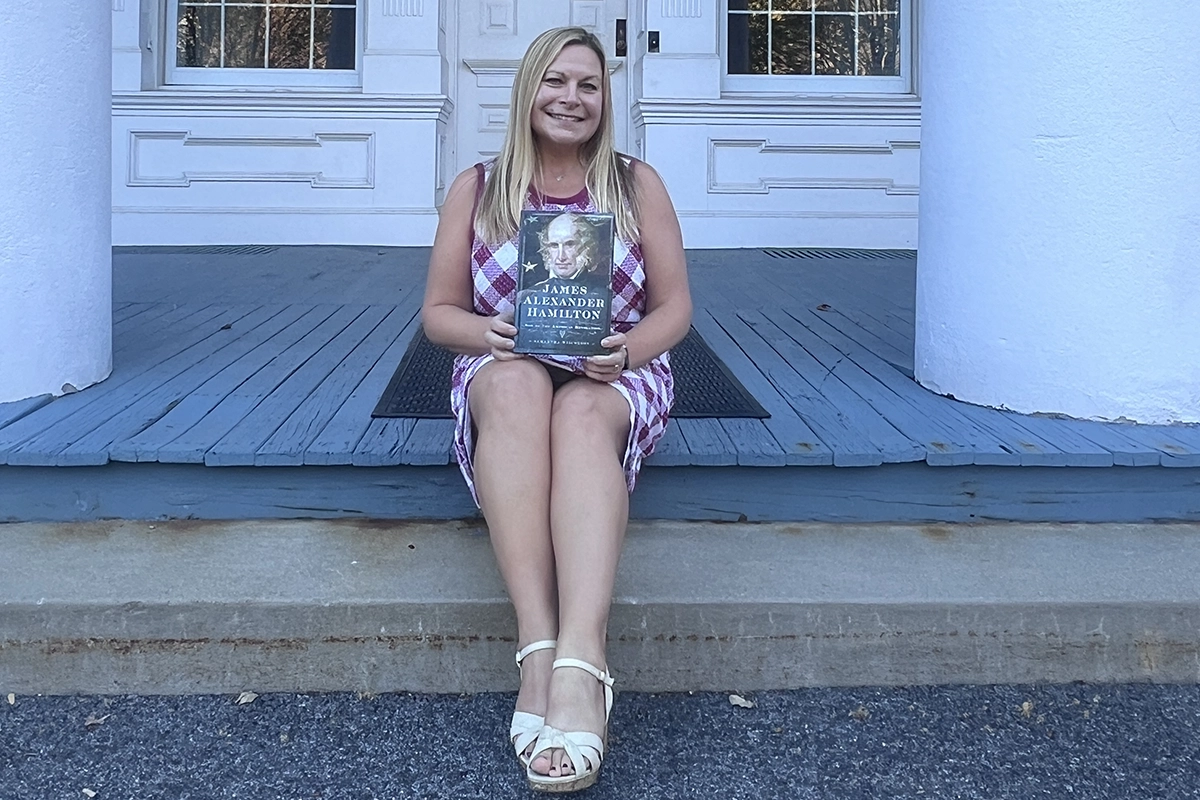Michael Beashel Blends Construction Expertise and Irish Heritage to Craft Immersive Australian Historical Fiction

PHOTO: Michael Beashel, acclaimed Australian author and construction expert, draws from his heritage and profession to build gripping tales of Sydney’s past.
Stories Built on History, Passion, and Human Emotion
Michael Beashel shares how his Irish roots, construction background, and passion for Sydney’s history shape his acclaimed novels, delivering compelling tales of ambition, love, and human struggle in 19th-century Australia.
Michael Beashel brings a craftsman’s precision and a historian’s insight to the world of Australian fiction, blending decades of experience in construction with a deep appreciation for his Irish heritage and Sydney’s rich colonial past. His novels are not merely stories—they are reconstructions of time, place, and human experience, shaped by his eye for detail and his passion for authenticity.
As the author of The Australian Sandstone Series, Beashel has carved a distinctive niche in historical fiction. His debut novel, Unbound Justice, climbed to No. 4 in Amazon’s Australian Historical Fiction rankings, setting the tone for a series that invites readers into the energetic, often turbulent world of 19th-century Sydney. This was a period defined by its architectural ambition and social transformation—a world Beashel knows intimately. Having overseen restorations of iconic structures such as the Sydney Town Hall and Customs House, he writes from lived experience, infusing each page with the textures, sounds, and tensions of the era.
What sets Beashel’s work apart is his ability to make history personal. His protagonists—drawn with all the flaws and strengths of real people—navigate ambition, love, betrayal, and vengeance against the backdrop of a city in flux. The scaffolds and sandstone become more than scenery; they are metaphors for human endeavour, framed by cultural legacy and personal memory.
Research plays a critical role in his storytelling. Drawing from archives, official records, and historical texts, he ensures every detail—from building costs to bureaucratic titles—rings true. But it’s not historical minutiae alone that defines his writing. Beashel focuses on the psychological richness of his characters, giving them depth and motivation rooted in universal experience.
Readers walk Sydney’s dusty colonial streets not as passive observers but as unseen participants. His deliberate choice to avoid romanticised dialects and exaggerated personas grounds his fiction in emotional realism. Instead of heroes and villains, he presents people shaped by their circumstances, who react to extraordinary situations in recognisably human ways.
His advice to emerging historical fiction writers echoes his own disciplined approach: research thoroughly, build full biographies for your characters before writing, and embrace constructive criticism. Most importantly, keep writing. One book may ignite interest, but a well-crafted series sustains a reader’s loyalty.
Michael Beashel’s fiction does more than reconstruct the past—it rebuilds it with purpose, empathy, and elegance. His stories are architectural in form and emotional in resonance, captivating readers who crave immersion in both setting and soul.

















